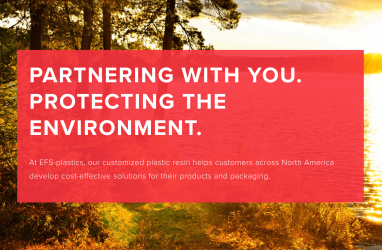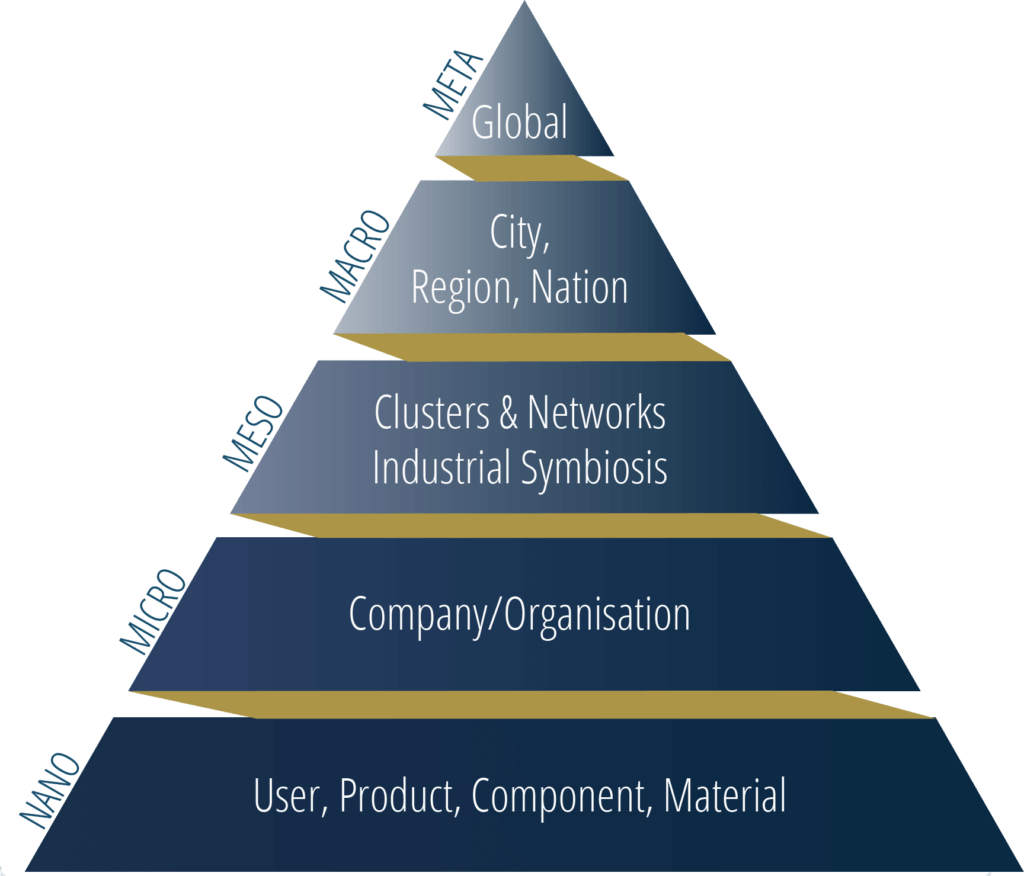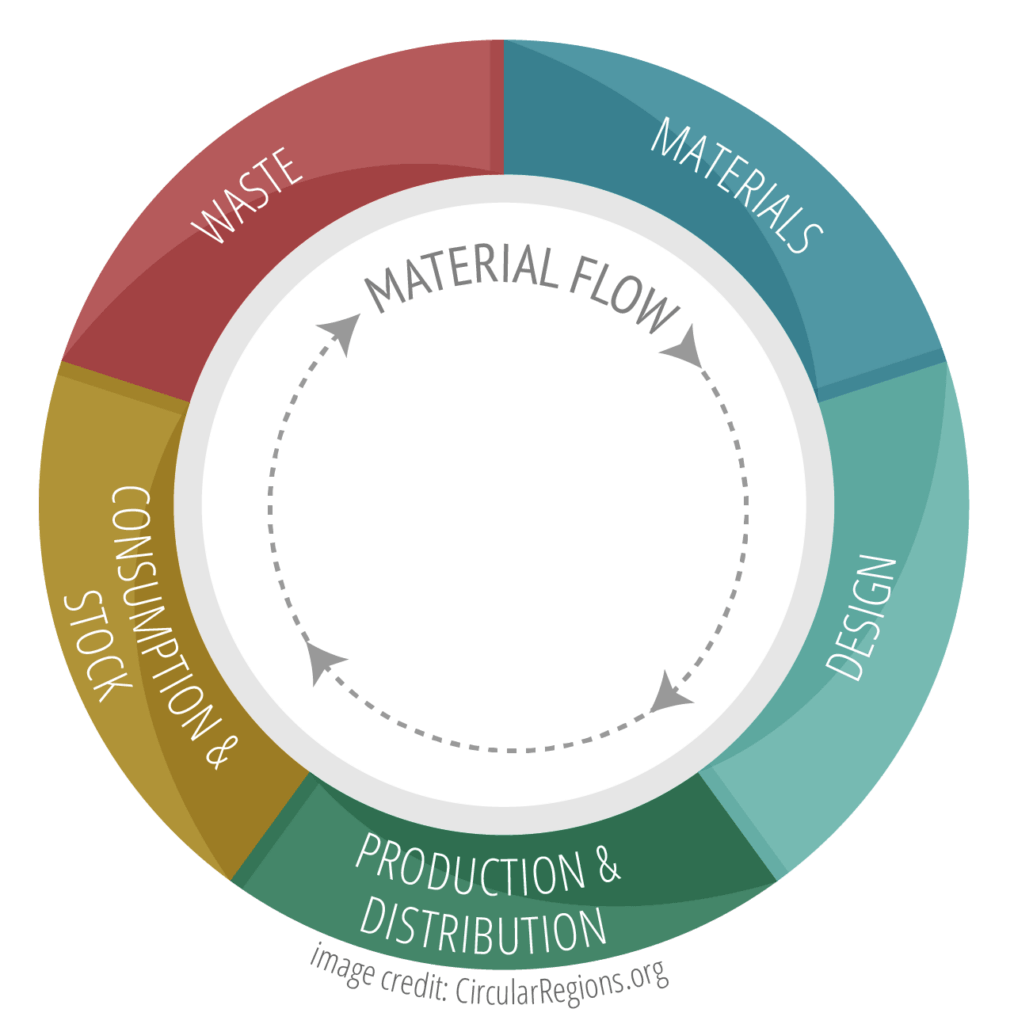EFS Plastics
Creating post consumer plastic pellets as feedstock for new material.
Listowel, Ontario, Canada
CONDENSED CASE STUDY

IMPACT
ENVIRONMENTAL: Environmental awarenessIncreased environmental stewardshipIncreased resource utilisationPreserving Natural Capital - stocks & flows of energy and materialReduced emissionsReduced waste
ECONOMIC: Increased competitivenessIncreased Manufactured Capital - material goods or fixed assets which contribute to the production process rather than being the output itselfIncreased value creationJob creationNew marketsReduced spendingStimulating innovation
SOCIAL: Developing Social Capital in partnership with others (ie families, communities, businesses, trade unions, educational, voluntary organisations)Increased employment
MODEL
SCALE: Supranational
STATUS: Active
FUTURE POTENTIAL: Scaleable
FACETManufacturing, Material Flows, Plastic, Recycling, Waste Management
LEVEL: Macro - Cities, Regions, Nations, Micro - Company/Organisation
STAKEHOLDERS: Private Sector
BUSINESS MODEL: B2B - Business to Business, G2B - Government to Business
TECHNOLOGY: Cloud, Networks, Sensors
SOCIETAL READINESS LEVEL:
CYCLE PHASE

CASE STUDY MAPPING SOURCE:
- CAN-CECL1
Circular Case Studies by Circular Regions licensed under CC BY-NC-ND 4.0

STATUS & TIMELINE
| Milestone title | Date | Content |
|---|---|---|
| 2007 |
DESCRIPTION
TITLE: Reduce plastic waste
CONCEPT: Creating post consumer plastic pellets as feedstock for new material.
Reduce plastic waste by producing a high-quality, low-carbon replacement for virgin plastic.
Plastic resources being lost to landfill or the natural environment.
Produce high-quality post-consumer recycled plastic pellets that can replace the use of virgin plastic.
We want post-consumer recycled plastic to be a fundamental component of a circular economy in Canada.
LOCAL LANGUAGE DESCRIPTION: English
Login to download a .pdf


